Information Duty of Members of Statutory Bodies in Commercial Companies in Czech Republic
The Supreme Court of the Czech Republic evaluated in its judgment file no. 27 Cdo 2699/2021, dated December 7, 2022, the limits of the information duty pursuant to Section 55 (1) of the Commercial Corporations Act.
Why is this decision of interest? One reason is that it has been cited in at least four other similar cases, thereby establishing a decision-making practice in this area by higher courts, specifically regarding the boundaries of actions of members of statutory bodies in terms of information duty.
Regarding the issue of information duty, it is first necessary to state that the Supreme Court of the Czech Republic decided on an appeal in a legal matter concerning loan agreements between the managing director and the company itself, in which the director served.
The key points and legal opinion can be summarized as follows:
1. Factual Situation: The plaintiff (company director) provided the company with loans totaling 455,434 CZK and sought their return with interest for delay. The District Court and the Regional Court ruled against him, reasoning that the contracts were concluded in a conflict of interest and were invalid because the plaintiff, i.e., the company’s director, did not fulfill his information duty when concluding them.
2. Legal Assessment by the Supreme Court: The Supreme Court annulled the decision of the appellate court and returned the case for further proceedings to the court of first instance. The Supreme Court concluded that the information duty under Section 55 (1) of the Company and Cooperative Societies Act (Corporations Act) was met if the member of the elected body (plaintiff) informed the relevant body about the intention to conclude contracts and their conditions to an extent sufficient for assessment. The Supreme Court also stated that contracts concluded contrary to the interests of the commercial corporation may not automatically be invalid if their conclusion was not prohibited by the relevant body.
3. Legal Principle: The conclusion of a contract between a member of the elected body and a commercial corporation, without such action being previously prohibited by the relevant body and where the information duty was fulfilled, does not automatically lead to the invalidity of these contracts. The information duty is fulfilled if the member of the elected body provides sufficient information about the intention to conclude the contract and its conditions, from which it is apparent whether the interests of the commercial corporation could be affected by concluding the contract. This decision emphasizes the necessity to assess whether the interests of the corporation were indeed violated and whether the information duty was properly fulfilled, which affects the validity of contracts concluded in a conflict of interest.
The factual situation of the case, which was the subject of the decision by the Supreme Court of the Czech Republic, concerns the lawsuit of a company director seeking the return of loans provided to the company, totaling 455,434 CZK, along with interest for delay.
Need legal assistance in matters concerning the actions of members of a company’s statutory body, or another issue related to commercial corporations? We are ready to provide professional legal advice in this area. Contact us at telephone number 602 323 723, JUDr. Michal Kocián, attorney and arbitrator.
